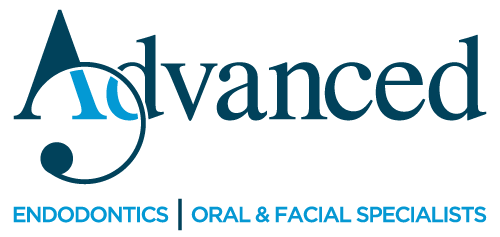 Vitamins and minerals come in all shapes and sizes, from gummies and supplemental pills to powders and gels. They can even be found in the food you eat. In this blog, we’ll tell you how consuming certain types of vitamins and minerals can help – or in some cases hurt – your teeth and gums.
Vitamins and minerals come in all shapes and sizes, from gummies and supplemental pills to powders and gels. They can even be found in the food you eat. In this blog, we’ll tell you how consuming certain types of vitamins and minerals can help – or in some cases hurt – your teeth and gums.
Why are Vitamins and Minerals Important for Your Oral Health?
It’s a fact – consuming certain types of vitamins and minerals helps to keep your body strong so it can properly fight bacteria that can cause infections. Without the proper amount of certain vitamins, your body is unable to fight the bacteria, which can cause numerous problems ranging from cavities and abscesses to gum disease, mouth sores, and other oral diseases. That’s why vitamins and minerals are so important for maintaining good oral health.
What Vitamins and Minerals Help Improve Your Oral Health?
There isn’t one specific vitamin or mineral you can take that will improve your entire oral health or give you healthy teeth. Instead, you need to consume several different types of vitamins and minerals. The following are some examples of the specific types of vitamins and minerals that can help you to improve your oral health:
- Iron – A lack of iron can cause mouth sores to form and result in swelling or inflammation of the tongue.
- Calcium – This mineral keeps the enamel, the protective layer of your teeth, nice and strong. Calcium also helps stabilize your teeth by keeping your jaw bone strong. If a cavity were to form, calcium can sometimes help remineralize your teeth.
- Vitamin C – A lack of vitamin C can cause gum tissue to become inflamed and swollen, which results in loose teeth and bleeding gums.
- Vitamin D – The proper amount of vitamin D is needed to help your body properly absorb calcium. In addition to helping with the absorption of calcium, vitamin D can help keep your teeth strong and prevent oral diseases, such as burning mouth syndrome.
- Collagen – Collagen helps remineralize and strengthen all layers of your teeth, from the enamel to the bone and cementum.
- Oral probiotics – Probiotics help to decrease inflammation in the mouth which may help with the prevention of oral cancer. Oral probiotics can also help fight against cavities, tooth decay, and mouth sores, as well as gingivitis and severe gum disease.
Are There Any Vitamins and Minerals that You Should Avoid?
There isn’t a specific vitamin or mineral that will harm your oral health. However, if you were to consume too much of a certain vitamin or mineral, you could definitely experience health problems.
For example, calcium can help to strengthen your teeth and bones, but sometimes too much of a good thing can turn out to be bad. If you were to consume too much calcium, you could develop kidney stones, experience problems with your heart, develop confusion, and even weaken the bones of your body.
In order to avoid these problems, it is important that you speak with your doctor or dentist before taking any type of supplemental vitamin or mineral or making any changes to your diet. Your doctor or dentist can help you determine how much you should be consuming.
General Dental Appointments are Still Needed to Keep Your Mouth Healthy
While consuming these vitamins and minerals helps to improve your oral health, it is still important that you schedule regular appointments with your dentist. Routine dental examinations should be scheduled every four to six months.
Regularly scheduled dental checkups help to keep your teeth and gums healthy by professionally cleaning your teeth so harmful plaque and tartar are removed. These appointments also allow your dentist to look for any dental problems, such as cavities, advanced tooth decay, gum disease, or erosion of the enamel, which could cause potential problems for your oral health.
See how we can help improve your oral health by calling Advanced Endodontics and Oral & Facial Specialists today to schedule an appointment.
